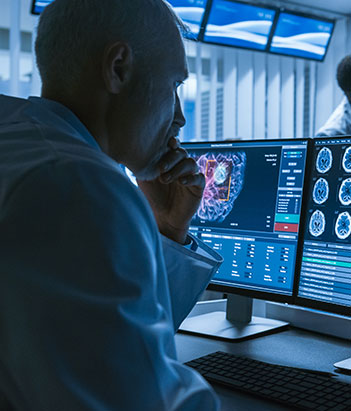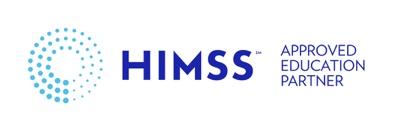This course examines the role and function of information management in the improvement of consumer health. Content is comprised of tools and techniques necessary for effective information flow from disparate systems found among healthcare facilities. Mobile health technology is evaluated for applicability, opportunity, and appropriate use. The representation of data within the electronic and personal health record is critically analyzed for quality, interoperability, security and retrieval.
Prerequisite: Admission to Graduate Studies.
This course examines the effective use of data, information, and tools to securely manage, retrieve, and analyze healthcare data. Content is comprised of the principles of computer science as well as database models and systems in order to provide proficiency in analytics. The course material will designate the principles and methodologies underlying clinical data standards for use in clinical decision support.
Prerequisite: Admission to Graduate Studies.
This course examines the management of the clinical information system lifecycle including
infrastructure, implementation, and evaluation. Significant events influencing the expansion of health information technology in the United States will be discussed. Content is comprised of practical issues related to system implementation, security, and maintenance. Best practices concerning human-computer interaction, systems building, and clinical device management will be analyzed.Prerequisite: Admission to Graduate Studies.
This course provides an integrated view of the many concepts, skills, tools and techniques related to
healthcare project management. Fundamental project management concepts and effective project
planning are presented in a theory to practice context.
This course provides a comprehensive understanding of how informatics relates to the healthcare industry. This course affords the student an advanced overview of health care informatics within the context of leading and managing information technology. Included in this course are healthcare concepts related to informatics competencies, knowledge workers, healthcare information exchange, advanced concepts in health informatics, change management, and caring for patients in a technology-laden environment.
Prerequisite: Admission to Graduate Studies.
This course provides an in depth overview of the legal, ethical, and societal issues associated with
information technology. Content is comprised of professional values regarding the code of ethics and legal issues in the management of health information. Regulatory and accreditation requirements for the design and transfer of health information to ensure patient privacy and confidentiality is incorporated.
Prerequisite: Admission to Graduate Studies.


